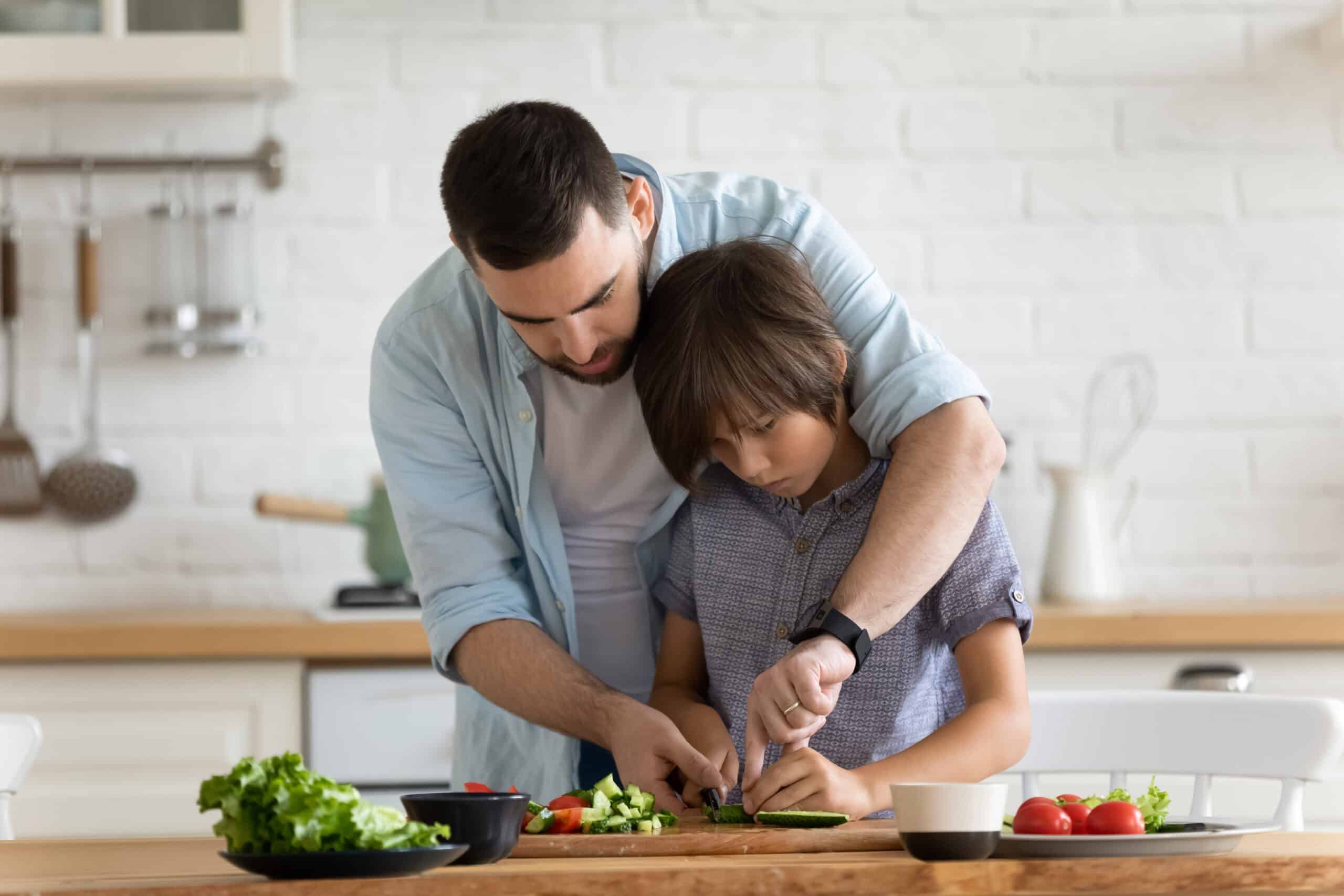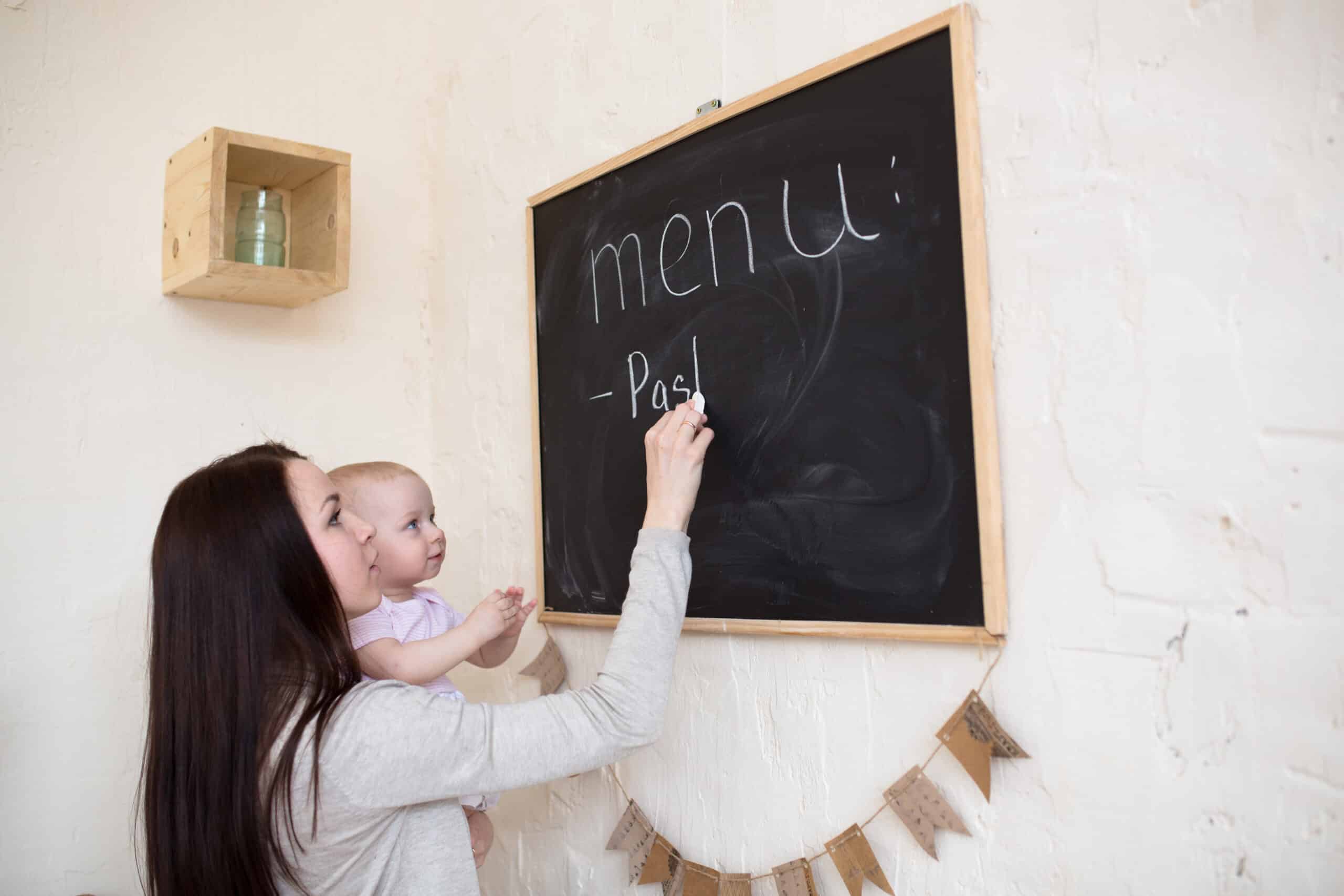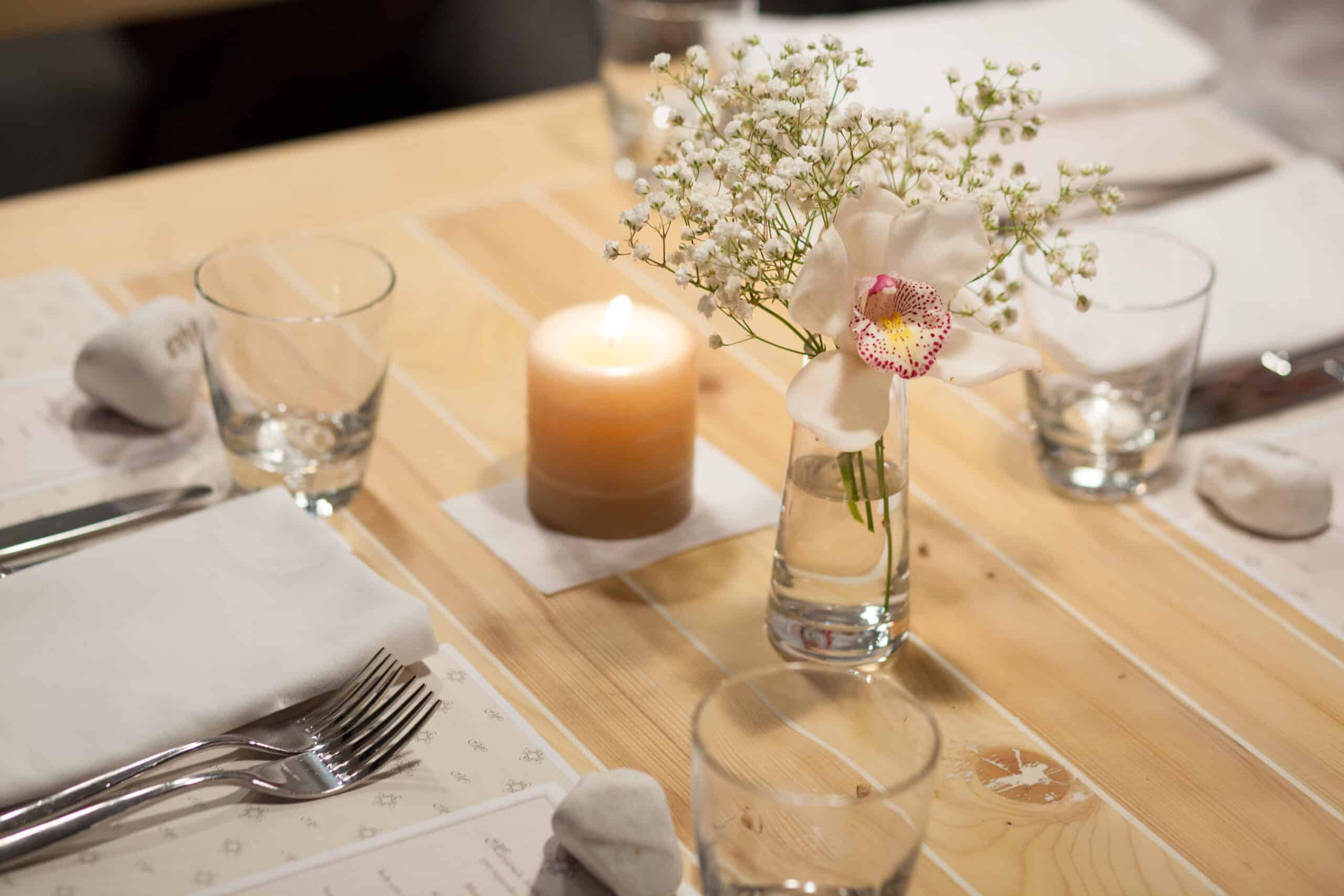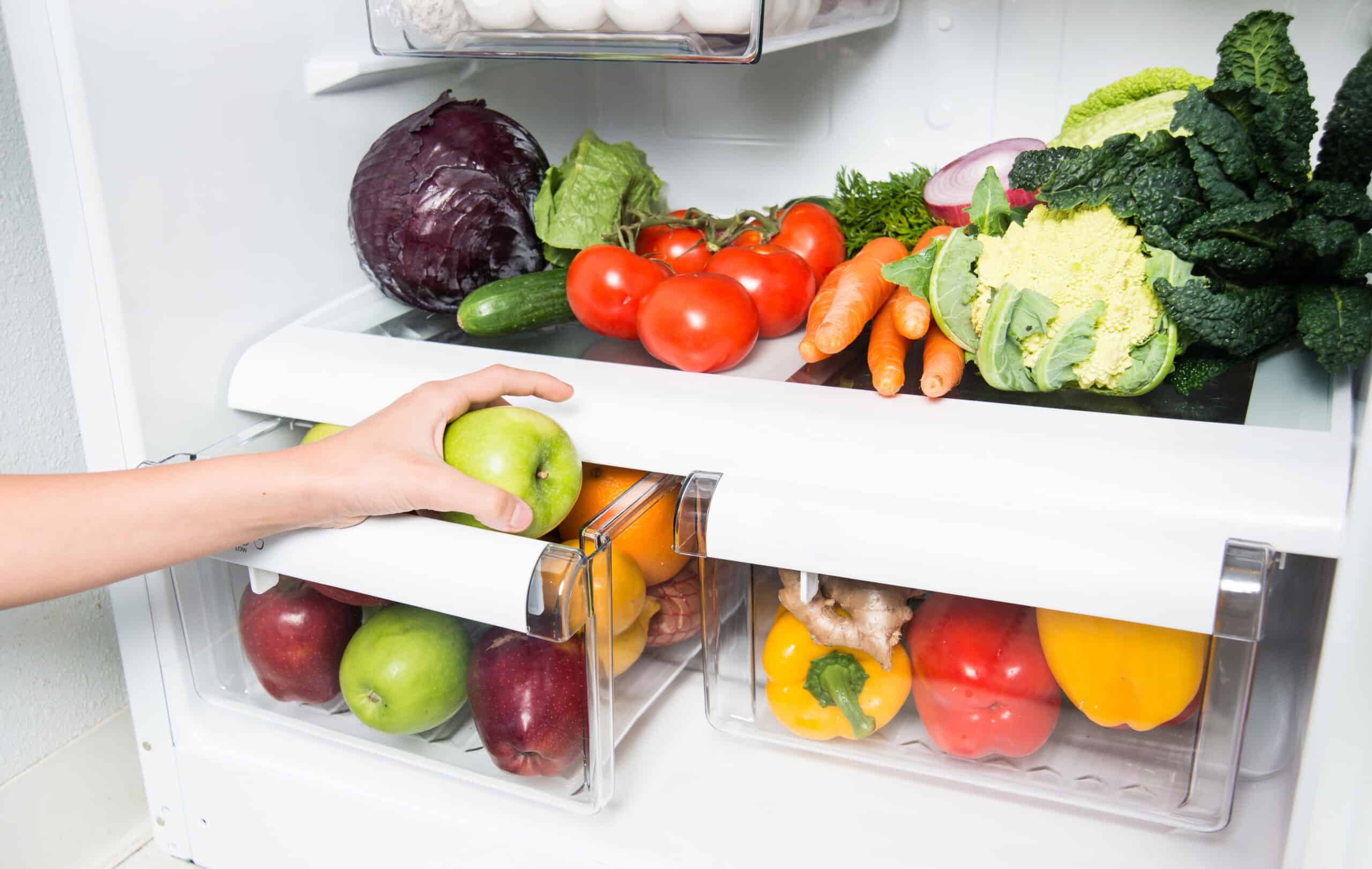Well, we’ve made it through the first two and a half weeks of isolation. We’ve met animals through the Cincinnati Zoo, we’ve doodled with Mo Willems, we’ve listened to the nightly readings of one of our favorite authors, Andrew Peterson, we’ve listened to free audible books, AND we’ve narrowly missed tragedy.
Our two year old locked our bedroom door and proceeded to open all the drawers in my dresser, thus dumping it on herself. We had to quickly scrounge around for a key. After getting the dresser off of her, by God’s grace, she cried for a minute and laughed and said, “I’m not hurt!” Children have died from such things … we feel grateful. Update on the dresser: it is now secured to the wall.
What we HAVEN’T done is learned to limit our grazing. Whether from boredom, anxiety, or just a plain ‘ole sweets addiction, I find my kids (ahem… and myself) heading to the fridge and pantry too many times during the day. When I thought of fun foods to stock up on for this time of isolation, of course, I included pop tarts and candy along with other necessary goods. Remember the dreaded freshman-15? I am afraid we might be reliving it! I told my sister they should create a new meme: This is ISOLATION, not HIBERNATION. COVID-15#.
So … I reached out to my friend Kelly, a certified health and wellness coach. Kelly is in the midst of isolating with her children and is walking this road too. She has written some other great articles for the Clapham blog before, such as 5 Breakfast Favorites with Exam Week Upgrades and Pondering Politics with our Teens: a Courageous Way Forward.
Kelly and I decided that a Q & A style blog might serve as a helpful resource for all of us. We will address how to feed our families healthy meals, enjoy the food we eat, how to face anxiety and mitigate its effects on our diet, while boosting our immune system at the same time. We hope this serves as a resource for you.
What are some helpful strategies to keep us from grazing all day long? How can we especially help our kids who are used to being at school and not having constant access to food?
One idea to help our kids with grazing is to write out a menu for the day and post it for everyone to see. Include snacks as well as meals. Snacks can be a formal event at a predetermined time in the morning and/or afternoon when the family or some portion of the family sits down together. Alternatively, you can simply list (or picture, for pre-readers) 2-3 foods that are fair game for snacks that day, as well as a quantity, especially if it is more of a ‘treat’ food. You could also limit them by defining a specific window of time in the day that snacks are allowed. For younger kids, it might be helpful to have a snack bin for each kid, with the snacks they are allowed to eat that day.
Obviously, as parents, we can do our part by staying on schedule with meals, providing well-rounded offerings at regular times that kids can count on and expect.
It also helps to model what we are asking of our kids. They are way more aware than we give them credit for, and our actions and example will speak volumes louder than our preaching. It is okay to have different snack foods than our kids (maybe “Mom’s snack” or “Dad’s snack” can be its own line item on the daily menu!), but try to model mindful eating vs. mindless grazing.
What if we are reaching out for food because we are anxious or afraid? How can we deal better with that?
I think anytime we are reaching for food outside of a planned meal or intentional snack, we can help ourselves by bringing awareness to our actions. Simply asking ourselves, “Am I hungry? Or am I distracting myself from being bored, or anxious, or afraid?” If you find that there is legitimate hunger, then go ahead and have the snack. Make the best choice of food that you can manage (best case scenario: the one you wrote down on the daily menu!), and elevate the experience and your mindfulness by putting the food on a plate or in a bowl and sitting down to eat it.
If the answer is an honest realization that you are trying to avoid a difficult emotion, then take a moment to name the emotion. Next, allow yourself a minute to experience the physical sensation of that emotion in your body, whether it is a fluttery stomach, shallow breathing, or tight shoulders while taking some slow, intentional breaths. Assure yourself that, while unpleasant, the intensity of the physical experience will eventually pass, often within a minute or two. It can also help to invite Jesus into that moment, asking him to be with you as you experience it.
If the difficult emotions continue, you are now in an aware state to choose additional healthy coping strategies, like listening to positive music, turning to Scripture, doing some exercise (even if it is just a few quick pushups or jumping jacks!), or reaching out to someone for support.
Naming difficult emotions allows us to work through them and take some of the power out of them. We grow in confidence as we realize we can handle these difficult emotions, and they will not consume us. When we try to numb ourselves or stuff down fear and anxiety, they will continue to fester, grow, and spill out sideways in behaviors that don’t serve us well.
I think it is also important to remember that we need to be patient and gentle with ourselves. Beating ourselves up rarely leads to behavior change. Remember that this is a stressful time for all of us, and we are all growing in learning how best to function under these unprecedented circumstances.
What if anxiety is causing us to eat too little and lose weight?
I think eating too little due to anxiety, is the other side of the same coin as overeating because of it.
First of all, realize this isn’t a good weight loss strategy! Besides being a signal that your body is in distress, you are likely to regain the weight when the anxiety eventually subsides.
When you lose your appetite due to stress, your sympathetic nervous system is in control. Your body is in fight-or-flight mode, rather than rest-and-digest. The excess adrenaline is a tremendous stressor on your body (wreaking havoc on your immune system!), and your body will absorb fewer nutrients from the food you do manage to eat.
If you find yourself in this situation, I think you can likewise benefit from simply identifying the fear or anxiety and naming it. Allow yourself to feel the physical manifestation of it in your body, and again, invite Jesus to be with you while taking some calming breaths. Make a little time for some immediate self-care (exercise, music, Scripture, warm bath, etc.), and be intentional about pre-emptively scheduling many of these activities into your daily routines. Exercise might be an especially important one in this case, as it naturally helps stimulate the appetite.
Simple carbs are often the easiest to reach for when we lose our appetite but know that in the long run, these aren’t the best answer. What we eat will affect our moods, and a healthy, balanced diet sets us up for more emotional stability.
Another strategy that can help all of us with eating during stressful times, whether we are prone to over-eating or under-eating, is to slow down at mealtimes. Set a pretty table, light a candle, play some gentle music and take a few slow breaths before eating. This activates our parasympathetic nervous system, optimizing our ability to digest and absorb the meal’s nutrients, and it keeps us emotionally present and emotionally satisfied by the experience.
Are there foods that we have easy access to that are known to boost our immunity?
Rather than looking for a magic bullet, I think it is better to think about a foundation of nutrition for supporting our immune system. Use the slower days and time at home to prepare and serve healthy, well-balanced meals for your family, perhaps in new and creative ways (and it’s perfectly okay if they’re not!). We all know what that looks like: plenty of fruits and vegetables, whole grains, healthy proteins (which in our family, includes some red meat, ideally grass-fed), and healthy fats (we steer towards olive, avocado, and coconut oils, grass-fed full-fat dairy, and nuts). I would also add in the reminder to keep good, plentiful sleep a priority for everyone, along with regular exercise!
Be careful about overly processed foods, and when thinking about strengthening our immunity, we really want to be cautious about sugar and excess simple carbs. High or fluctuating blood sugar levels both weaken our immune systems and cause systemic inflammation, which predisposes our bodies to additional complications from an infection.
For those who are at increased risk of exposure to the coronavirus, or who are in some way more susceptible to complications, it might make sense to eliminate sugary treats for now. For other families, keep fun treats in a limited place of a bonding family experience, such as making a batch of cookies together, or doing a fun ice cream sundae night, or celebrating a birthday with homemade cake or pie. Of course, the advantage of cooking from scratch is that it is easy to make healthy substitutions in your recipes! Some ideas include cutting down on the sugar, replacing a portion of regular flour with almond flour, and substituting healthier oils all the while teaching your kids how fun, easy, and tasty, healthy cooking can be.
That brings me to my last question…. What are some ways we can use food to pass the time during isolation?
Baking is definitely a fun starting point for spending time with our kids in the kitchen, but this could also be a great time for teaching kids basic cooking skills. Knife skills are a fun place to start, even if it is with a butter knife and soft foods (e.g., slicing a banana, spreading peanut butter, etc.) for the youngest kids. If you’ve never really learned the proper ins-and-outs of knife skills yourself, find a YouTube tutorial on the topic to watch together with your older kids. Other basics that are great to teach are various ways of preparing eggs, cooking a pot of rice or pasta, browning ground meat, making pancakes, etc. Maybe have a schedule where one kid is assigned to be a dinner (or breakfast, or lunch) helper each day. Older kids might have fun helping choose the menu that they will be preparing.
If another person or family is in need and is okay with accepting a homemade meal, double your meal (with our kid helper!) and leave the extra meal on their porch. This is a great way our kids can help tangibly serve others at this time.
Another fun idea to connect with other families through food, even while distanced, is to sync up with a few other friends or families, with each person/family choosing one item from a cookbook to make. All the families can then make the same meal, and either enjoy together through Zoom or report back later to share what they all thought!

It is great to remember that food is more than just physical nutrients we put into our bodies. During a time of so much change, stress, and absence from the many things we usually participate in and enjoy, I think it is all the more important to recognize the many roles food and meals play, and how we can facilitate joy, connection, fun, and celebration through food, even while being intentional to make healthy eating choices.
{{cta(‘ccd3ffc8-c060-48b4-a8bb-5974b04c1839′,’justifycenter’)}}
{{cta(‘908e6ca4-3073-4393-84a3-0d4b0cea4e2b’,’justifycenter’)}}





